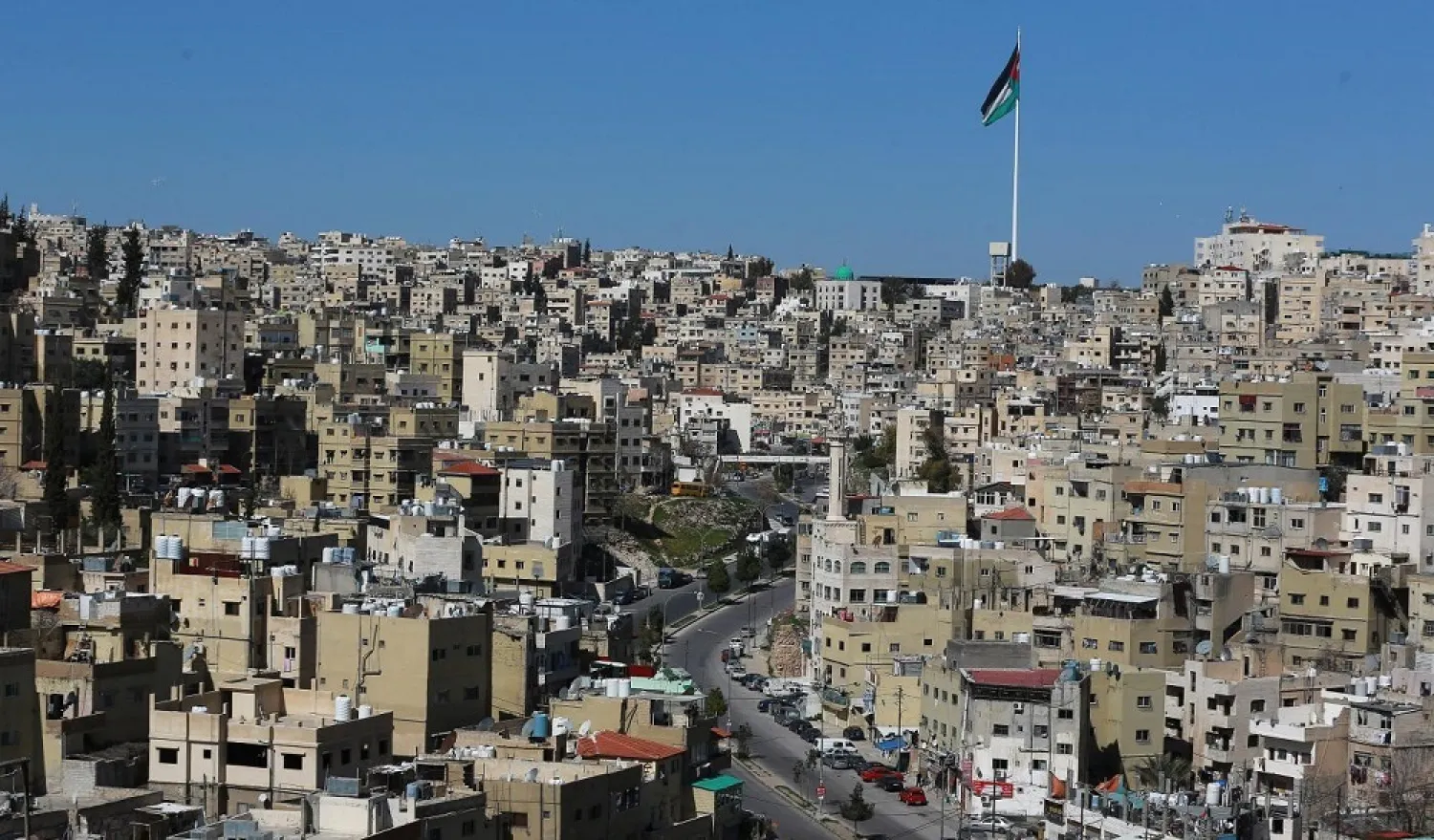Finance Minister Mohamad Al Ississ said on Wednesday that Jordan's draft 2023 budget forecasts 11.4 billion dinars ($16 billion) in state expenditure as the economy's recovery gathers pace.
Al Ississ said in a statement the budget deficit was expected to fall to 2.9% of GDP next year from 3.4% this year with improved state revenues as the country's IMF-backed reforms yield results in enhanced fiscal consolidation.
The budget, which a cabinet session earlier approved, foresaw total revenues next year at 9.5 billion dinars, with 802 million dinars in foreign grants, a slight rise from this year's 796 million dinars.
Nearly 60% of state expenditure goes toward salaries and pensions in a country with a $50 billion economy.
Jordan has met most of the fiscal and monetary targets since a major IMF program began in March 2020, closing tax loopholes and widening the tax base and maintaining $16 billion of adequate foreign currency reserves, the IMF said earlier this month.
Al Ississ said next year's growth was expected to remain around 2.7 % at the same level forecast for this year despite a global recession and high interest rates.
Jordan's growth has quickened in 2022 despite global economic turbulence, driven by strong progress in IMF-backed structural reforms that have cushioned the economy and strengthened macro-economic stability, the IMF added.
The kingdom's commitment to IMF reforms and investor confidence in the country’s improved outlook helped it to maintain stable sovereign ratings at a time when other emerging markets were being downgraded, Al Ississ said.
Ratings agency Moody’s upgraded Jordan’s credit outlook earlier this month from "stable" to "positive", shifting its overall rating from B1-stable to B1-positive.









